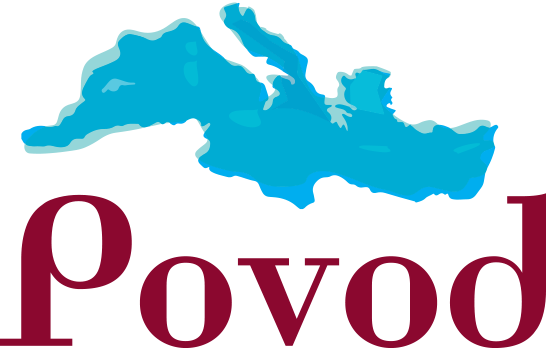Our world has been faced with different global challenges in the past few years; climate change, the ongoing COVID-19 pandemic, the worsening global order, the potential fragmentation of smaller regional groupings. All of these challenges have impacted the smoothness of different global supply chains which are required for the global system to function. Official Development Assistance (ODA) has been a mechanism for solidarity and for balancing the power dynamics of global politics through financial compensation. This document reflects on the trends accompanied by ODA in the past few years and consists of two parts:
- A debriefing paper which consists of information on the definition of ODA, the structure of monitoring plans used by Civil Society Organisations (CSOs), the determination of multilateral and bilateral aid, as well as an introduction to the EU’s ODA policies and an analysis of Slovenia’s ODA policies.
- A background paper with information on the prominent trends which accompanied the EU’s ODA between 2020 and 2022 through the lens of the multiple crises of COVID-19 and the invasion of Ukraine. It is essential to highlight that many crises took place between 2020 and 2022, and that reducing global concerns to just COVID-19 and the invasion of Ukraine would be Eurocentric and a neglect of the diverse challenges that occurred worldwide. However, this paper begins with a focus on identifying how COVID-19 and the invasion of Ukraine impacted gender equality in multiple sectors of Least Developed Countries (LDCs).
This paper examines measures taken by the EU in general and examines practices implemented by Germany and Slovenia. The Povod Institute in Slovenia conducted a public conference and interactive workshop which gathered CSO representatives, media persons and policymakers on 14 and 15 December 2022 in Ljubljana, Slovenia, and the information collected in the background paper was presented.
Lead author: Reka SI, Institute for sustainable living
Other authors: Samar Zughool and Marjan Huč
The organisations: Povod Institute and ENoP (The European Network of Political Foundations)

